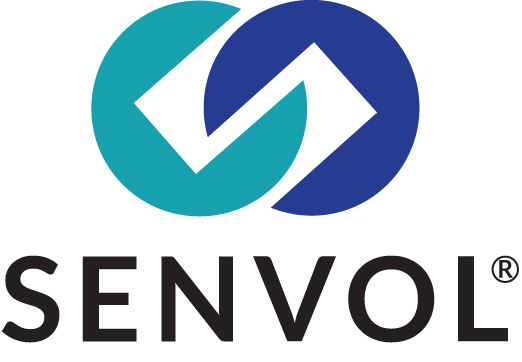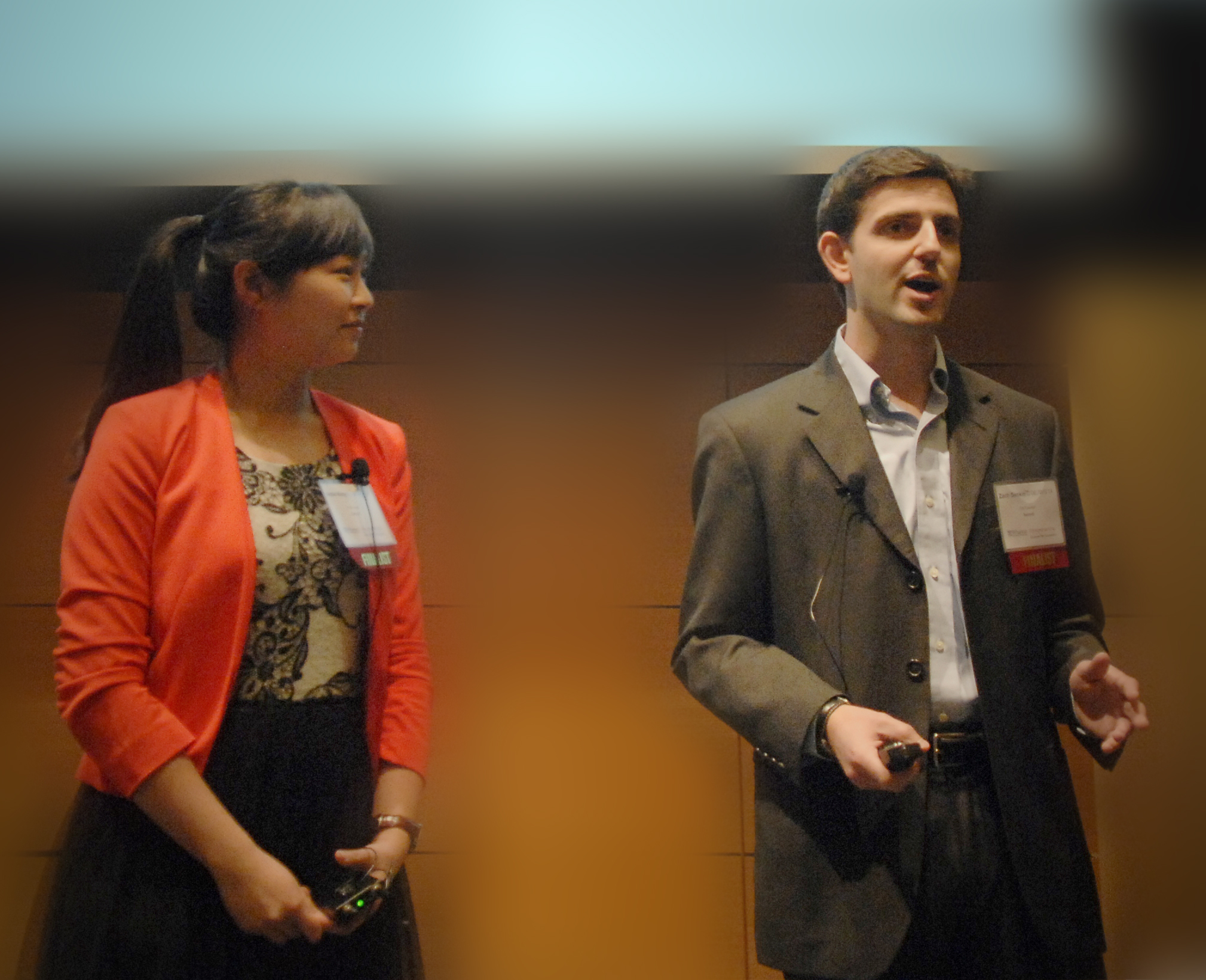We spoke with a leading 3D printing / additive manufacturing consulting company to determine the questions industry asks about the technology.
Senvol is a NYC-based consultancy focused on additive manufacturing, or as we like to call it, 3D printing. 3D printing is still very new to many companies and even to veteran users, the technology is in a state of rapid change, suggesting the need for consultants to assist.
We spoke to the Co-Presidents of Senvol, Annie Wang and Zach Simkin.
Fabbaloo: What services are provided by Senvol? Why would someone require your expertise?
Zach Simkin: We provide analytics exclusively for the additive manufacturing industry. The quantitative data analysis that we provide helps our clients to make informed decisions on topics such as cost analyses, commercial viability, and market segmentation.
Annie Wang: For example, clients who engage with Senvol are afforded access to our proprietary algorithm, which analyzes the entire supply chain and determines which parts can be more cost-effectively made using additive manufacturing versus the status quo. Also, we utilize our expansive network to connect our clients to the right industry stakeholders who will help them achieve their goals.
Fabbaloo: What is the origin story of Senvol? How did your company come into being? What key element enabled company success?
Annie Wang: We met while getting our MBAs at Wharton Business School in Philadelphia several years ago. We were in a class titled “Innovations”, and there was an assignment on additive manufacturing. Zach and I both shared a passion for the technology. My prior background was in operations consulting, and I had worked with several manufacturers that could have benefited greatly from additive manufacturing.
Zach Simkin: Similarly, I recognized the technology’s ability to solve many of the supply chain challenges that I had experienced first-hand at my previous manufacturing company. In terms of Senvol’s success, I would say that our combination of business and technical expertise has been one of the key elements.
Fabbaloo: Senvol has been working with industrial clients since 2013. What are the most common problems you’ve solved for clients? Have you observed changes in their needs over this time period?
Zach Simkin: We’ve done a variety of work. We’ve conducted cost analyses (using the Senvol Algorithm) to help Fortune 500 manufacturers determine which of their parts can be more cost-effectively made using AM vs. the status quo. Another example is market sizing – we recently worked for a materials science company that was considering the possibility of developing new AM materials. We quantified the size of the market (and its expected growth) in order to determine whether our client’s R&D spend to develop the new materials would be justified.
Annie Wang: Additionally, we’ve conducted supply chain analyses, for instance for government agencies, to analyze potential areas for competitive advantage. Also, we’re currently working on a project for a publicly-traded AM machine manufacturer to determine which of its customer segments will yield the highest levels of profitability. As the technology continues to evolve so quickly, the needs of our clients are also changing.
Fabbaloo: How do you expect industrial uses of additive manufacturing to evolve over the next five years?
Annie Wang: There are currently three major challenges that we anticipate the industry will tackle. First, there needs to be a crystal clear and well-defined process to fabricate parts with a closed loop feedback system to ensure that parts are high in quality and repeatable. Second, we expect to see a lot of material and process innovation in the future that will begin to solve the problems of limited material choices and low throughput. Third, we expect to see more automation in the fabrication process and post-processing, which will eventually decrease the cost of additive manufacturing.
Zach Simkin: It’s important to recognize that additive manufacturing is not simply a manufacturing solution, but rather is a supply chain solution. We have conducted a wide variety of quantitative additive manufacturing analyses, and based on this work, we have identified 7 supply chain scenarios that tend to lend themselves well to additive manufacturing. The 7 scenarios include supply chain situations such as long lead-times, high inventory costs, and remote locations.
Annie Wang: For the full list of the 7 scenarios, you can visit our website, www.senvol.com. Each of the 7 scenarios is explained there.
Fabbaloo: You’ve recently published the Senvol Database, which is a searchable database of industrial additive manufacturing machines and materials. How did that come about? What features is Senvol considering to add to it in the future?
Annie Wang: The Senvol Database is the first and only comprehensive database of industrial additive manufacturing machines and materials. The database is completely free to access (www.senvol.com/database), and users are able to search for machines and materials by over 30 fields. Some of the search fields include machine build size, material type, and tensile strength.
Zach Simkin: We would often get asked seemingly simple questions, such as “Which machines accept titanium?” In practice, however, questions like this were actually quite time consuming to answer. So we decided to build the Senvol Database and make it free to access in order to help the industry advance. The response has been tremendous. Users of the database range from beginners (e.g. those just beginning to assess the technology) to experts (e.g. additive manufacturing design engineers).
Annie Wang: We very much value input and feedback from our user community. Anytime users have a comment, suggestion, or idea, they are encouraged to email us at database@senvol.com. It’s through the power of our user community that we are able to continuously improve the Senvol Database.
Fabbaloo: Finally, what plans are in store for Senvol?
Zach Simkin: This is an exciting time to be in the additive manufacturing industry. Additive manufacturing has a wide reach, and its reach is only growing as the technology continues to rapidly advance. For us at Senvol, we’re very excited to continue the roll-out of tools and services that will help to meet the needs of the many stakeholders in the industry.
Via Senvol



